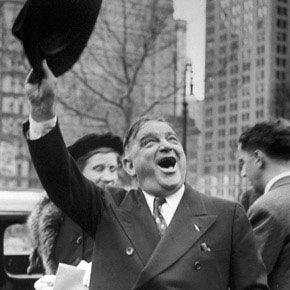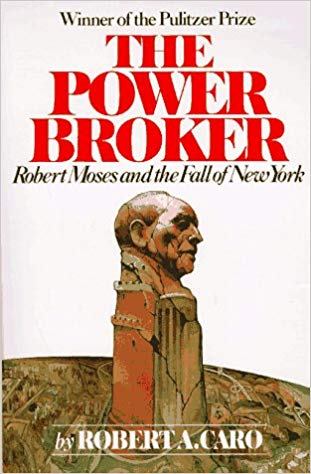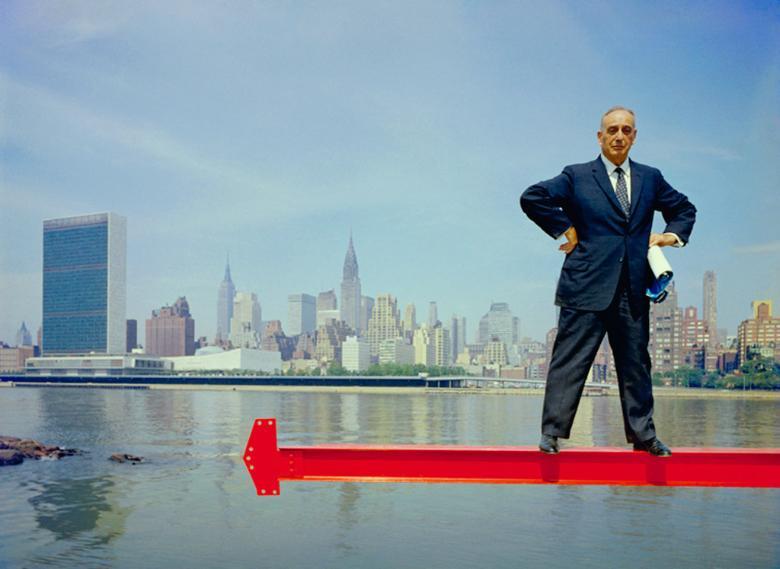Chapter 23 – In the Saddle
Mayor La Guardia was now free to concentrate on the city. He seemed to be everywhere, dominating the whole of his domain. He slashed all non-essential jobs and reduced overall the city payroll. All eyes however were on the relationship between him and Moses.
La Guardia had the reputation of treating all his public servants like dogs. The turnover of his senior staff was high. However, his relationship with Moses was different. Moses often kept him waiting and would not cower in his presence, usually giving as good as he got. Moses’s threats of resignation as a weapon returned frequently and successfully. La Guardia eventually countered this ruse by treating all the resignations as a joke, which reduced their occurrence without fully eliminating them.
In July 1936, La Guardia decided to recommission the Triborough Ferry, drawing traffic away from the new bridge. He was supported by regular users and further bolstered by a new development nearby which could use the ferry. Moses attempted to use his construction plans to block the ferry by removing one of the piers. The Mayor sent the police to try to keep the pier open, but the construction crew refused to stop the destruction. The police removed the crew by force and the pier was replaced. However, Moses wrested control of the ferry and continued the removal of the pier and the shutting down of the ferry.
Another battle followed. To reduce the payroll, La Guardia ordered Moses to reduce staff. In reply, Moses removed all the playground attendants, effectively shutting them down. After public uproar, funds were restored.

Despite their disagreements, both men were so driven by public works that their hostilities could soon be forgotten. They both seemed to understand that they were kindred spirits; both were dreamers. Apart from that, La Guardia soon realised that the reason New York was getting one sixth of the PWA funds for the entire country was because of Moses’s attention to detail and expertise with bureaucracy. However, Moses paid back by ensuring that La Guardia was kept centre stage in all the major developments and allowed to accept the plaudits in the middle of grand ceremonies. In 1936, Moses opened ten swimming pools in ten weeks, using all the latest developments of lighting and pool chlorination. One of the pools was called the finest pool in the world. It was La Guardia who pulled the switch that turned on the lighting.
Moses continued to cultivate the press, charming the press barons with lavish banquets. He met the owners outside of business hours to plant headlines and editorials. Moses had an especially close relationship of the New York Times whose owner, Iphigene Salzburger, was a particularly vocal supporter of parks. Until the end of her life she was to call Moses the greatest of public servants. Moses cultivated this relationship by involving her at early stages of his plans. Despite some disagreements – she was a conservationist – she was in the end always supportive of Moses’s grand scheme for parks. Moses was becoming too big, and his accomplishments too successful, to fire. Moses’s parks projects began to succeed to the detriment of more important infrastructure vital to the city. Moses’s plans had become separated from the public will.
Analysis & Key Takeaways
- Moses and La Guardia had a very tumultuous relationship. Moses threatened to resign many times which was apparently a trump card since La Guardia needed Moses for support, running the government: could Moses have over played the value of his hand?
- Moses and La Guardia fought over a pier; it is actually the stuff a great movie script;
- Moses pulled the playground attendants in response to La Guardia’s strategy of cutbacks: Moses used the public outcry to control La Guardia;
- Both Dreamers; cannot fire each other as kindred spirits;
- Wining and Dining the Press: obviously a great way to get their attention. In hospitals, the Pharmaceuticals treat Nurses to informational seminars which include free delicious food. Do the Nurses complain? Not all of them, after all the hours are tough. In Moses’ world, the press barons were very powerful and gaining favour with them meant distorting reality.


